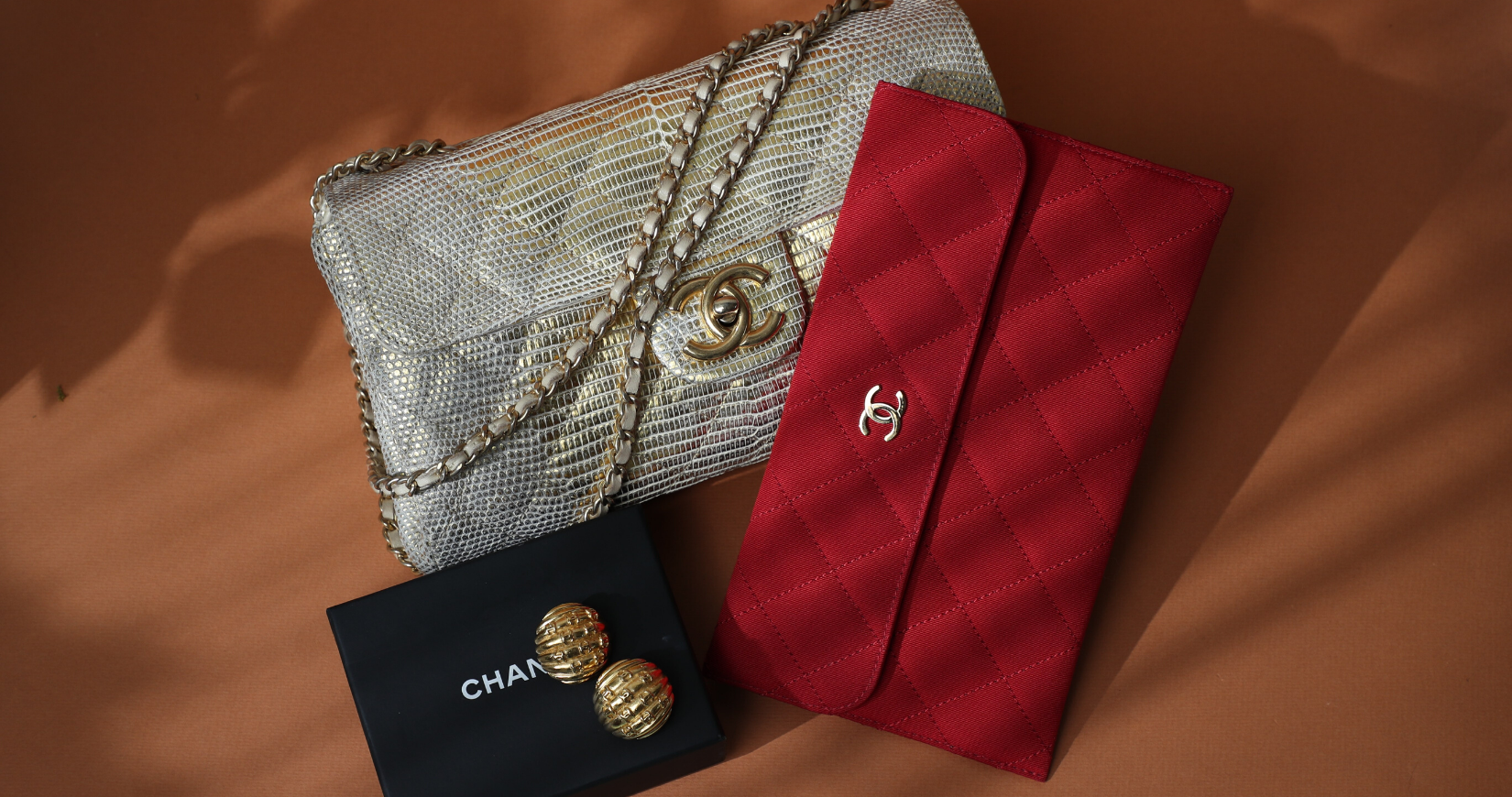
Trends have continuously come and gone in the fashion industry, but with sustainability at the forefront of people’s minds, consumers have become a lot savvier and more conscious when it comes to their shopping habits.
Someone that knows about this trend all too well is the founder of The Luxury Closet, Kunal Kapoor. “Consumers’ luxury shopping habits are changing; they’re taking into consideration what ownership really stands for and its definition, along with the impact it has on the environment too,” he tells . This movement and mentality has largely been spearheaded by the millennial generation, according to Kunal.
“They think differently and have a louder voice with social platforms and have the power to affect their family’s decisions too,” he explains. “Over 50 per cent of millennials consider resale value of a luxury item and are influenced by the sustainability movement and factors before purchasing a premium item. This coupled with the fact that pre-owned items are priced around 60 per cent less than retail prices, it creates a very attractive proposition for customers.”
It’s the sustainability movement that Kunal has been championing for eight years, joining well before it became mainstream. Soon after The Luxury Closet’s launch in 2012, it was clear how big the appetite for secondhand was in the UAE. “It was obvious it was a much-needed service as we had very strong traction from early adopters,” Kunal explains. “I remember we sold our first bag on a beta site, even before we had officially launched.”
Nearly a decade on, TLC now has an inventory of more than 40,000 unique items available to purchase from top-tier brands like Louis Vuitton, Chanel, Rolex, Hermès and more. A lot of the luxury items come from the fashionable and expensive wardrobes of the most stylish women in the UAE.
While you might assume there’s some risks buying secondhand, TLC’s rigorous authentication process guarantees customers are investing in the real deal. “Each month we bring in thousands of items from around the world to our processing center in Dubai where we have a team of 14 authentication specialists inspecting each item before it goes online,” Kunal says. And buying secondhand doesn’t just mean consumers are adding to the sustainability movement, but there’s some incredible savings to be found, with up to 60 per cent off retail price at TLC. The most popular items for the site include handbags and fine jewellery from brands like Louis Vuitton, Chanel, Dior, Cartier and Van Cleef & Arpels.
“UAE residents, especially expats, are very familiar with circular fashion and tend to buy pre-loved items all the time,” the founder says. “Our target audience includes anyone from a fashion enthusiast to a regular shopper interested in grabbing a great item at a fraction of its original price.”
The secondhand luxury market has become so successful, brands themselves are now teaming up with big-name resellers around the globe. Burberry has announced a partnership with The Real Real, another luxury secondhand website; Ralph Lauren have teamed up with Depop, a secondhand shopping app; and Neiman Marcus has acquired a minority stake in Fashionphile, a Dhs734,500,00 ($200 million) reseller of luxury handbags. “This is proving that large retail corporations are also riding the wave which has led the pre-owned model to become the fastest growth sector in the industry,” Kunal says.
“Secondhand luxury shopping has disrupted the whole value chain of fashion. Before, designers exhibited their collections in shows, advertised in magazines, worked on an Open-To-Buy model with sales estimates, factory production schedules, flooding the shops with new arrivals every season, then discounting what didn’t sell, eventually destroying what got left behind. It’s an unsustainable model that relies on mass production and consumption.”
After an extremely successful year, TLC has hit it global with their latest launch in Hong Kong and expanding their teams in the Kuwait and KSA markets. As for what’s to come, Kunal sees a bright future not only for TLC, but also for the wider secondhand luxury market.
“We see the penetration of pre-owned to start accounting for one in 10 purchases in the next few years,” he predicts. “Ten per cent of the luxury marketing will be in resale, and we see ourselves as the number one player in this category.
“In real terms it means The Luxury Closet will become one of the largest and most visited shopping destinations in the region.”
For more tips on sustainability and mindfulness, pick up a copy of EW’s May ‘The Mindfulness Issue’ or download it here.
Images: Supplied / Instagram
Source: https://emirateswoman.com/life/feed/



